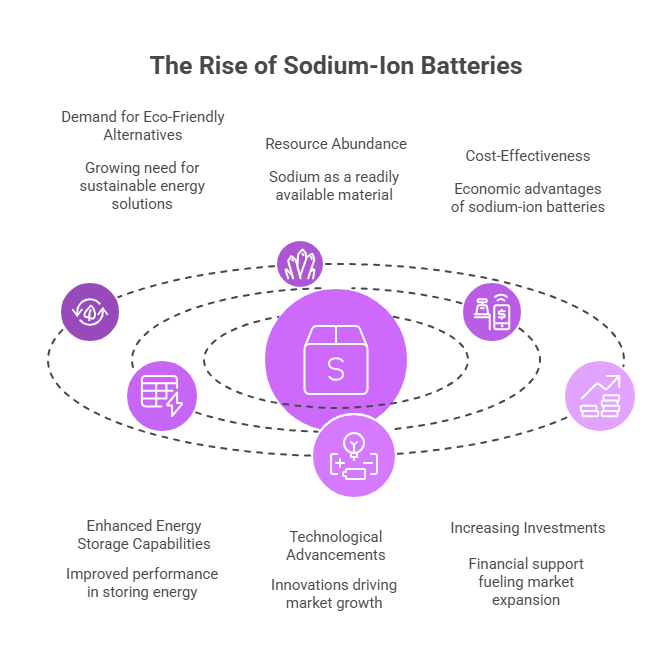UK Housing Market Outlook 2025: Key Growth Drivers, Challenges, and Opportunities

Strong 8k brings an ultra-HD IPTV experience to your living room and your pocket.
The UK housing market has long been a cornerstone of the nation's economy, influencing financial stability, consumer confidence, and overall economic health. In 2023, the market was valued at USD 315 billion, reflecting its significant role in the country's economic framework.
As we approach 2025, understanding the factors driving this market becomes crucial for stakeholders, including investors, policymakers, and prospective homeowners. This article delves into the key drivers, challenges, and opportunities shaping the UK's housing landscape, providing insights to navigate the evolving market dynamics.
Market Insights
Key Drivers
Several factors have been pivotal in propelling the growth of the UK housing market:
- Low-Interest Rates: Historically low-interest rates have made borrowing more affordable, encouraging individuals to invest in property. This accessibility to financing has been a significant catalyst for market expansion.
- Population Growth: The UK's increasing population has escalated the demand for housing. Urban areas, in particular, have witnessed a surge as more individuals migrate to cities seeking employment and better amenities.
- Government Initiatives: Policies aimed at stimulating the housing sector, such as the Help to Buy scheme, have provided financial assistance to first-time buyers, thereby boosting market activity.
Challenges
Despite the positive drivers, the market faces several challenges:
- Rising Borrowing Costs: Recent analyses indicate that higher borrowing costs are expected to slow down house price growth.
- Supply Constraints: A persistent shortage of housing stock has led to increased property prices, making affordability a pressing issue for many potential buyers.
- Economic Uncertainty: Factors such as Brexit and global economic fluctuations have introduced elements of uncertainty, potentially affecting buyer confidence and investment decisions.
Opportunities
Amidst the challenges, there are notable opportunities:
- Technological Advancements: The integration of technology in real estate, such as virtual tours and digital transactions, has enhanced the buying experience and operational efficiency.
- Sustainable Development: There's a growing demand for eco-friendly housing solutions. Developers focusing on sustainable building practices can tap into a market segment that prioritizes environmental considerations.
- Regional Development: Investments in infrastructure and development projects in emerging regions present opportunities for growth beyond traditional urban centers.
Case Studies or Examples
Affordable Housing Initiatives
In response to the affordability crisis, several local governments have partnered with developers to create affordable housing units. For instance, the Greater London Authority has implemented programs to increase the availability of affordable homes, aiming to make housing more accessible to lower and middle-income families.
Technological Integration in Real Estate
Real estate agencies have increasingly adopted virtual reality (VR) technology to offer virtual property tours. This innovation allows potential buyers to explore properties remotely, saving time and resources, and has become particularly valuable during periods when physical viewings are challenging.
Practical Implications
For stakeholders looking to navigate the UK housing market effectively:
- Investors: Should monitor interest rate trends and assess the impact of borrowing costs on investment returns. Diversifying portfolios to include regions with emerging growth potential can mitigate risks associated with market volatility.
- Homebuyers: It's advisable to stay informed about government assistance programs that can alleviate financial burdens. Engaging with financial advisors to understand mortgage options and long-term implications is crucial.
- Developers: Focusing on sustainable and affordable housing projects can meet the rising demand and align with government priorities, potentially leading to incentives and support.
Conclusion with Recommendations
The UK housing market in 2025 is shaped by a complex interplay of drivers, challenges, and opportunities. While low-interest rates and population growth have historically fueled market expansion, rising borrowing costs and supply constraints pose significant challenges. To navigate this landscape:
- Stay Informed: Continuous monitoring of economic indicators and policy changes is essential.
- Embrace Innovation: Leveraging technological advancements can enhance competitiveness and meet evolving consumer expectations.
- Focus on Sustainability: Developing eco-friendly housing solutions can cater to a growing market segment and align with global environmental goals.
By adopting these strategies, stakeholders can position themselves to capitalize on the evolving dynamics of the UK housing market.
Note: IndiBlogHub features both user-submitted and editorial content. We do not verify third-party contributions. Read our Disclaimer and Privacy Policyfor details.







